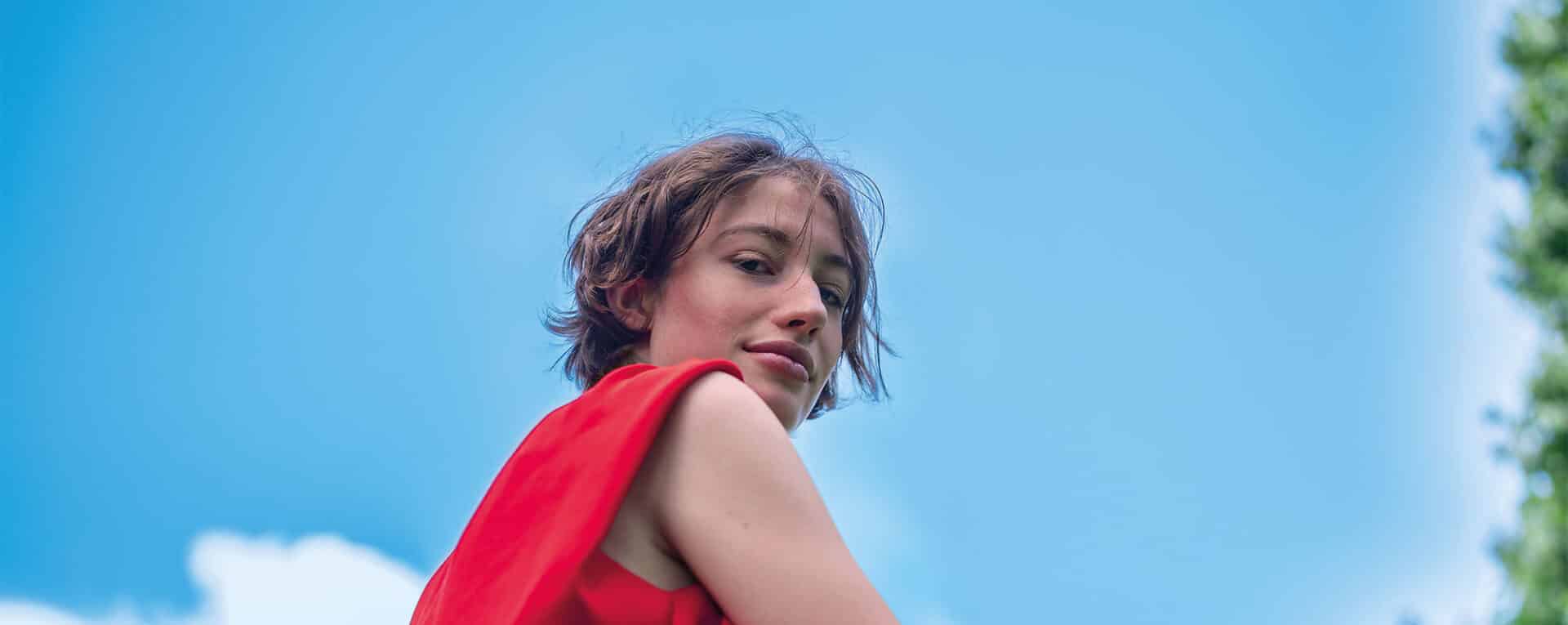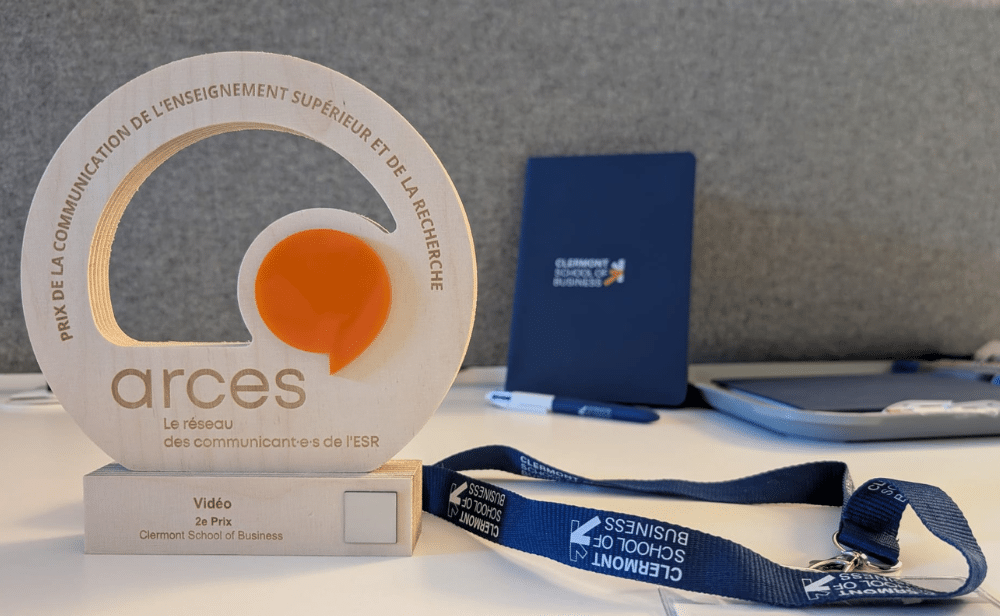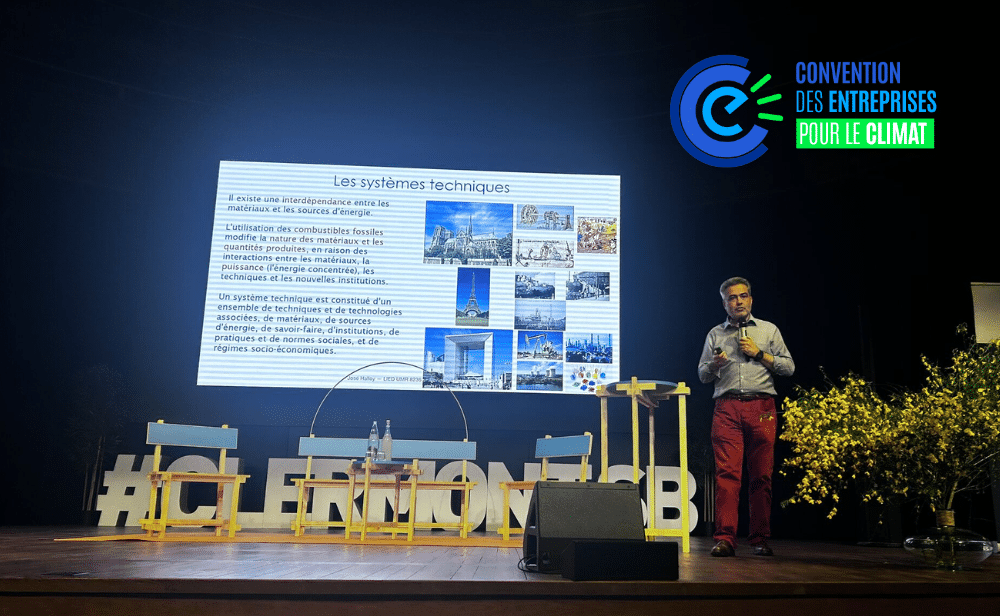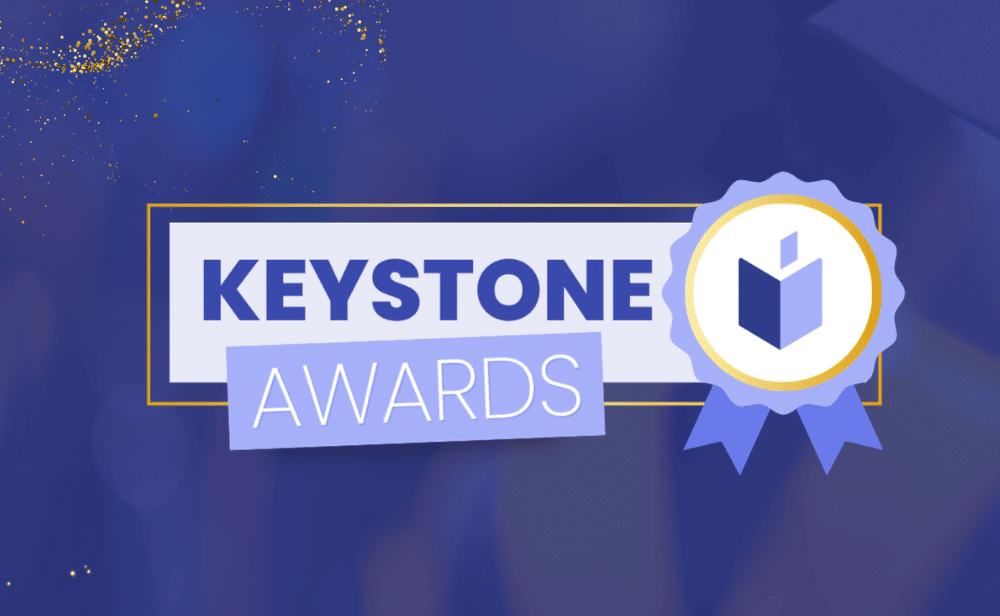

- Clermont School of Business
- International
- Study with us
- Programs
- Bachelor in International Management
- Bachelor in Digital Marketing & E-Commerce Management
- Master in Management
- Programme Grande Ecole online
- MSc – Master of Science Business Intelligence & Analytics
- MSc – Master of Science Corporate Finance and Fintech
- MSc – Master of Science Digital Marketing & Artificial Intelligence
- MSc – Master of Science International Commerce & Digital Marketing
- MSc – Master of Science Project Management
- MSc – Master of Science Procurement & Supply Chain Management
- Doctorate of Business Administration (DBA)
- Executive Education (French only)
- Discover the Master in Management majors
- International Students
- Summer School
- Tools & pedagogical support
- Programs
- Faculty & Innovation
- Company & Career
- News & Events
Today, environmental commitment is more than just a differentiating factor for higher education institutions; it is a deep conviction and an essential driving force for action. For Clermont School of Business, adopting sustainable practices is not merely a strategy to attract students and businesses but, above all, a sincere ambition to build a more virtuous model.
Committed to sustainable transformation through its strategic plan REVEAL 22-27, Clermont School of Business is intensifying its efforts to rethink its impact and integrate decarbonization into its institutional and academic policies.
At the heart of this dynamic process, Robin Jund, in charge of the Socio-Ecological Transition, leads these transformations and ensures their real impact. What key strategies have been implemented? What notable initiatives are already in place? He answers five questions and details the concrete measures taken by Clermont School of Business for a more sustainable future.

Why Did Clermont School of Business Choose to Accelerate Its Climate Commitment?
The role of higher education institutions in combating climate change is now undeniable. This growing awareness is driven by both public authorities and our stakeholders—students, faculty, staff, and partner companies—who expect concrete actions…
Our commitment is based on a logic of responsibility: as an educational institution, we have a direct influence on the training of tomorrow’s decision-makers. Reducing CO₂ emissions in higher education means shaping future individual and professional behaviors. It is crucial to accelerate this transition to limit global warming below 2°C (as the 1.5°C target was exceeded this year), which requires a significant reduction in individual carbon footprints.
Clermont School of Business has therefore launched several strong initiatives. We are members of CEC Massif Central and Plate-forme 21, networks of stakeholders committed to sustainable development in our region. Our commitment deepens with our membership in the CIRSES collective, marking a key step toward obtaining the DD&RS (Sustainable Development & Social Responsibility) label. Our recently submitted application demonstrates our intention to embed these issues permanently within our institution. The progressive integration of these initiatives allows us to be a driving force in the ecological transition within higher education!
What Is Clermont School of Business’s Action Plan for Integrating Environmental Issues into Its Programs?
Our approach is based on a cross-disciplinary and systematic integration of Sustainable Development & Social Responsibility (DD&RS) issues throughout our programs. Currently, 20% of our curriculum is dedicated to environmental and societal challenges. By 2035, our goal is to reach 70%, embedding these topics even more deeply into our educational frameworks. This is an ambitious but essential transformation to train future decision-makers. Simultaneously, these subjects are embedded in all our courses.
We have implemented several strong educational initiatives, including:
-
The Climate Fresk and Diversity Fresk: Upon entering the School, students participate in these collaborative workshops, which help them understand the impacts of climate change and diversity issues interactively.
-
A significant number of hours dedicated to CSR: In the Bachelor’s and Grande École Program, students receive core training in these subjects, with additional optional courses available.
-
Support for sustainable professional practices: Beyond theoretical courses, we emphasize raising student awareness of sustainable development through case studies, collaborative projects, and partnerships with companies committed to ecological transition.
*The Grande École Program curriculum is currently being revised to further integrate Sustainable Development and Social Responsibility into core teaching.
Training committed professionals who can tackle environmental challenges and drive sustainable solutions is our mission. We firmly believe that integrating these topics from initial education will actively contribute to a profound change in corporate and societal practices.
What Are the Main Objectives of Act’Sup Pas à Pas, and Why Get Involved in This Program?
Act’Sup Pas à Pas is an ambitious program designed to help higher education and research institutions define a genuine decarbonization strategy by 2050. Its primary goal is to support these institutions in structuring a low-carbon trajectory that is ambitious, realistic, and operational, relying on a proven methodology validated by ADEME. It also fosters stakeholder engagement—students, staff, governance, partner companies, alumni, and suppliers—around a common transition project.
For Clermont School of Business, participation in this program addresses several challenges. After conducting an initial carbon footprint assessment in 2022-2023, we established annual monitoring. However, this analysis revealed a key insight: our action plan needed to be refined and strengthened to meet our ambitions. By joining Act’Sup Pas à Pas, we seized the opportunity to be guided by a specialized consulting firm and benefit from a structured methodology to develop a coherent and robust roadmap.
Furthermore, this initiative aligns with our existing commitments within the CEC Massif Central and our ongoing efforts in socio-ecological transition. It allows us to explore new perspectives, structure our actions, and ensure that our decarbonization efforts are based on relevant, measurable, and adjustable tracking indicators.

How Does Act’Sup Pas à Pas Help Clermont School of Business Structure Its Ecological Transition?
By participating in the program, the School benefits from personalized support from decarbonization experts, enabling it to define a clear roadmap for reducing greenhouse gas emissions. This process includes:
- Assessing current emissions,
- Identifying priority action levers,
- Setting quantified short-, medium-, and long-term objectives,
- Implementing tracking indicators to measure progress.
Additionally, the program encourages the involvement of all the School’s stakeholders, including students, administrative and teaching staff, governance, partner companies, suppliers, and alumni. This collective engagement is essential to ensuring the success of the ecological transition and embedding low-carbon practices within the institution.
In summary, Act’Sup Pas à Pas provides Clermont School of Business with a structured framework and concrete tools to effectively manage its ecological transition in alignment with national and international greenhouse gas reduction goals.
How Are Students and Staff Involved in Implementing the Project Within the School?
Engaging students and staff in the socio-ecological transition is a priority for Clermont School of Business, and several initiatives have already been launched. As mentioned earlier, we prepare our students to adopt sustainable professional practices so they become engaged professionals.
For staff, several awareness-raising actions have already taken place, including workshops and plenary meetings. As part of the Act’Sup Pas à Pas project, some staff members are involved in the first key phase: defining the Climate SWOT. This collective work will help identify our strengths, weaknesses, and action levers in terms of decarbonization. Once developed, this SWOT will be presented first to staff, then to student representatives, to initiate a dialogue and refine our strategy.
However, broader student and staff engagement in implementing Act’Sup Pas à Pas remains to be structured. We aim to ensure an inclusive and participatory approach, exploring different ways to sustainably engage our community. Act’Sup Pas à Pas is instrumental in identifying the most relevant levers to mobilize stakeholders and structure this transition effectively and collaboratively.
What Actions Are Planned to Enhance the Impact and Effectiveness of Your Ecological Transition Strategy?
Beyond students and staff, we want to engage other stakeholders in tracking our decarbonization strategy. Our partner companies and associations play a crucial role, particularly in co-developing initiatives and experimental projects that integrate climate issues into professional environments. We also plan to involve our suppliers and service providers to explore ways to improve responsible purchasing practices and reduce the carbon footprint of our activities.
Alumni are also an important asset. Many are already involved in ecological transition efforts within their organizations, and we aim to further mobilize them through mentorship, experience-sharing, and collaborations to support our students and institution in this transformation.
Finally, our governance will be fully engaged in this approach, as the success of our decarbonization strategy relies on strong institutional backing. The commitment of all these stakeholders is essential to structuring a coherent and effective transition, in line with the ambitions of Act’Sup Pas à Pas.

Stay updated with the latest news from Clermont School of Business by subscribing to our newsletter!
Merci ! Vous êtes maintenant abonné(e) à notre newsletter.
Vous recevrez dorénavant notre newsletter mensuelle.
@bientôt
We faced problems while connecting to the server or receiving data from the server. Please wait for a few seconds and try again.
If the problem persists, then check your internet connectivity. If all other sites open fine, then please contact the administrator of this website with the following information.
TextStatus: undefined
HTTP Error: undefined
Some error has occured.



